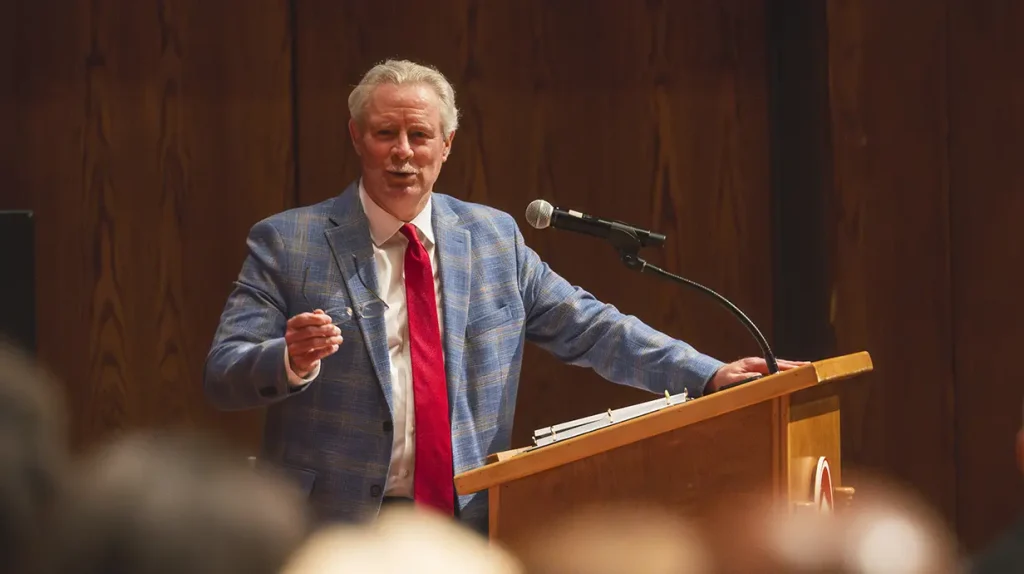RELEASE: Wicker Comments on ‘RESTORE’ Progress
Miss. Senator Says ‘Legal Wrangling Has Created an Environment of Uncertainty, Delays’
WASHINGTON – U.S. Senator Roger Wicker, R-Miss., today said that ongoing litigation is negatively impacting the implementation of long-term restoration efforts required by the “Resources and Ecosystems Sustainability, Tourist Opportunities and Revived Economies of the Gulf Coast States Act” (RESTORE Act). The legal fight pertaining to civil penalties for the Deepwater Horizon oil spill, which occurred in 2010, is not expected to resume until next spring.
“The continued legal wrangling over the Deepwater Horizon disaster has created an environment of uncertainty and delays,” Wicker said. “Funding has not been released or even obligated for the final projects that have been selected under the ‘RESTORE Act.’ The 10-year prioritized project list has also been put on hold.”
Wicker’s comments were issued following a Senate Subcommittee on Oceans, Atmosphere, Fisheries, and Coast Guard hearing to examine ongoing efforts to restore the Gulf of Mexico, including implementation of the 2012 “RESTORE Act.”
“Despite being an active participant, Mississippi has yet to receive ‘RESTORE Act’ funds,” Wicker continued. “In fact, the state has not even been asked to submit proposed projects for funding under the law. This is unacceptable.”
In 2011, Senator Wicker cosponsored the “RESTORE Act,” which dedicated 80 percent of all “Clean Water Act” penalties paid by those responsible for the 2010 disaster to Gulf Coast restoration. The remaining 20 percent of the fines are directed to the federal Oil Spill Liability Trust Fund.
Funding available to the Gulf Coast Ecosystem Restoration Council and the Gulf Coast states through the Gulf Coast Restoration Trust Fund currently stands at $800 million. More than $480 million of these funds are expected to be used by the Council pursuant to the “RESTORE Act.” The remaining funds are then made available to the states.
“I urge those involved with implementing the law, including the Restoration Council and the Treasury Department, to move forward with plans to establish a funding priority list, finalize the needed regulations, and complete a comprehensive plan to carry it out,” Wicker concluded.
Ms. Trudy Fisher, director of the Mississippi Department of Environmental Quality, testified at today’s hearing. Ms. Fisher has served as the agency’s director since 2007 and is tasked with leading Mississippi’s recovery from the Deepwater Horizon oil spill.
7/29/14






